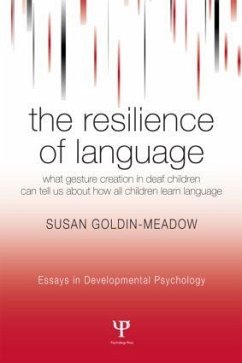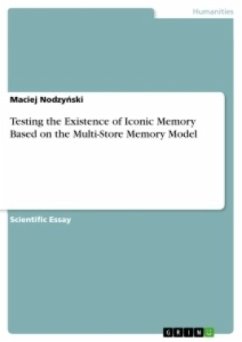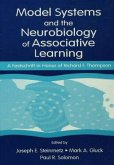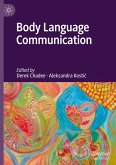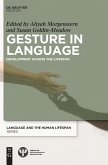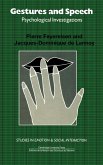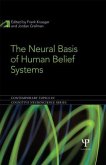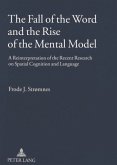Imagine a child who has never seen or heard any language at all. Would such a child be able to invent a language on her own? Despite what one might guess, the children described in this book make it clear that the answer to this question is 'yes'. The children are congenitally deaf and cannot learn the spoken language that surrounds them. In addition, they have not yet been exposed to sign language, either by their hearing parents or their oral schools. Nevertheless, the children use their hands to communicate - they gesture - and those gestures take on many of the forms and functions of language. The properties of language that we find in the deaf children's gestures are just those properties that do not need to be handed down from generation to generation, but can be reinvented by a child de novo - the resilient properties of language. This book suggests that all children, deaf or hearing, come to language-learning ready to develop precisely these language properties. In this way, studies of gesture creation in deaf children can show us the way that children themselves have a large hand in shaping how language is learned.
Hinweis: Dieser Artikel kann nur an eine deutsche Lieferadresse ausgeliefert werden.
Hinweis: Dieser Artikel kann nur an eine deutsche Lieferadresse ausgeliefert werden.
'This book is interesting, well written and easy to read. I recommend it highly to all students and researchers who are interested in gesture.' - Sandra Smith, Deafness & Educational International
'The data described...inform the study of language acquisistion generally, as well as contributing immensely to the understanding of language and communication in exceptional circumstances. ... It will appeal to those with an interest in language development or with a specific interest in communication and hearing impairment. it would also complement the core texts for any course on language development, and its accessible style should appeal to a wide readership.' - Dr Fiona Lyddy, in The Irish Psychologist, May 2006.
'The data described...inform the study of language acquisistion generally, as well as contributing immensely to the understanding of language and communication in exceptional circumstances. ... It will appeal to those with an interest in language development or with a specific interest in communication and hearing impairment. it would also complement the core texts for any course on language development, and its accessible style should appeal to a wide readership.' - Dr Fiona Lyddy, in The Irish Psychologist, May 2006.

